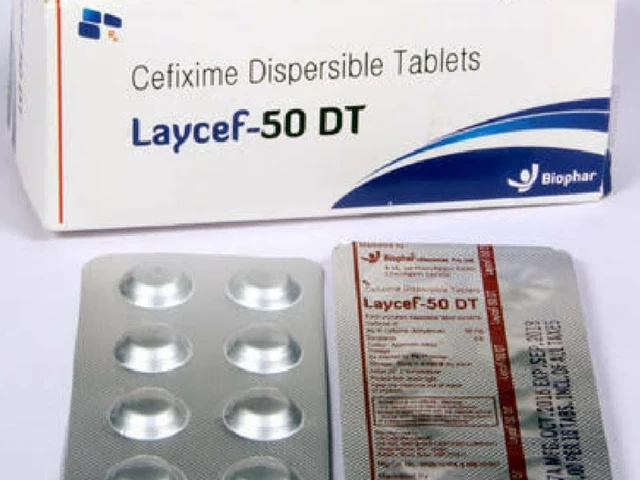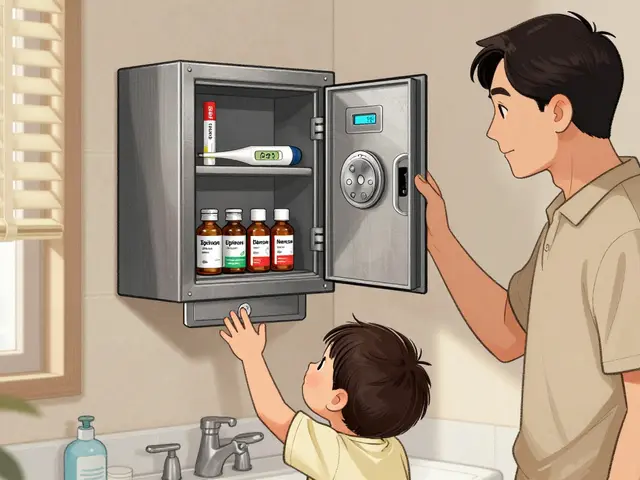How to Keep Healthcare Staff Safe Every Day
Working in a clinic or hospital can be tough. You face germs, heavy loads, long hours, and sometimes angry patients. The good news is that simple steps can cut risk and keep you feeling better on the job.
Wear the Right Gear and Use It Correctly
The first line of defense is personal protective equipment (PPE). Gloves, masks, eye shields and gowns are cheap compared to a sick day. Make sure you pick the right size so nothing slips or rips. Change gloves between patients, and discard them in proper bins. When you put on a mask, cover both nose and mouth snugly – a loose fit defeats the purpose.
Cleaning your gear is just as important. Wash reusable gowns after each shift, and store masks in a clean container. If something looks torn or dirty, replace it immediately. A quick check before you start can stop a lot of trouble later.
Control Infections with Simple Habits
Hand hygiene is the cheapest, most effective habit you have. Wash hands with soap for at least 20 seconds after touching any patient area or contaminated surface. If water isn’t handy, an alcohol‑based sanitizer works fine – just make sure your hands aren’t greasy first.
Disinfect high‑touch spots like bed rails, keyboards and door handles regularly. Use EPA‑approved wipes that kill viruses and bacteria in a few seconds. It only takes a minute, but it protects everyone around you.
Avoid cross‑contamination by keeping clean and dirty zones separate. Have a designated place for clean supplies and another for used items. This visual separation reminds you to think before you move stuff around.
Take Care of Your Body and Mind
Long shifts can wear you down physically and mentally. Stretch your back, shoulders and wrists during breaks – even a five‑minute stretch reduces injury risk. Stay hydrated; keep a water bottle at your side and sip regularly.
Mental health matters too. Talk to a colleague if you feel stressed or overwhelmed. Many hospitals offer counseling services – using them is a sign of strength, not weakness.
Plan your meals ahead of time. A balanced snack like fruit or nuts keeps blood sugar stable and prevents fatigue. Skipping meals may seem okay when you're busy, but it leads to mistakes later.
Know the Right Resources
If you notice a safety issue – faulty equipment, poor ventilation, or unsafe practices – report it right away. Most facilities have a simple online form or a dedicated safety officer. Prompt reporting can fix problems before they cause injury.
Keep a list of emergency contacts handy: the hospital’s occupational health line, local poison control, and your personal doctor. Knowing who to call saves precious minutes in a crisis.
Finally, stay updated on new guidelines. Infection‑control policies change as new research emerges. A quick glance at the intranet or a short training video each month keeps you in the loop without taking much time.
By wearing proper gear, cleaning diligently, looking after your body and mind, and speaking up when something’s off, you create a safer workplace for yourself and everyone around you. Small habits add up – start with one change today and watch the difference it makes.

Tetanus in the Workplace: How Employers Can Protect Their Staff
As a blogger, I always strive to share vital information with my readers. Today, I want to discuss the importance of preventing tetanus in the workplace. Employers play a crucial role in protecting their staff by ensuring a clean and safe environment, providing proper training on handling sharp objects, and encouraging tetanus vaccinations. By taking these preventive measures, we can significantly reduce the risk of tetanus infections and create a healthier workspace for everyone. Let's work together to raise awareness and promote a safe work environment!
Detail




